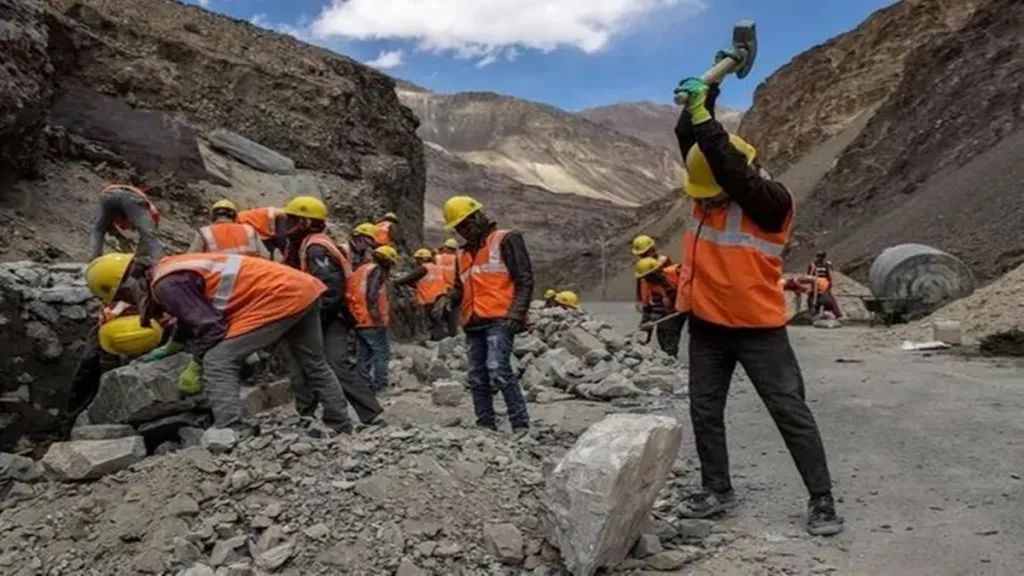
Public-private partnership (PPP) projects are making a strong return as the government turns to private investment to keep infrastructure growth on track and reduce the strain on public finances.
So far in 2025, the Centre has approved PPP projects worth ₹86,000 crore across a range of sectors, including roads, railways, ports, logistics, tourism, solid waste management, and education, according to official sources. This is already the highest annual figure since 2022, and more approvals are expected through the year.
The renewed focus on PPPs comes at a time when government capital spending, which had been driving infrastructure growth, is slowing. After rising by 28% over four years till FY24, capital expenditure growth dropped to 11% in FY25 and is expected to slow further to 6.6% in FY26. With limited fiscal space, private sector participation is being seen as essential.
The roads sector has attracted the largest share of PPP investments this year, with commitments touching ₹58,816 crore. These projects are being taken up either through the build-operate-transfer (BOT) toll model or the hybrid annuity model. Over the past five years, most highway projects were fully funded through the Union Budget. The shift to PPPs is expected to reduce the future budget burden.
The railways, which have also relied heavily on public funds in recent years, are now exploring more PPP options. The redevelopment of Vijayawada railway station was recently approved under the design-build-finance-operate-transfer (DBFOT) model. A private company will manage the station for 60 years and generate revenue through commercial services like food courts, lounges, parking, and retail outlets. Officials say this approach could be replicated at several other railway stations across the country.
PPP projects are also being extended into social infrastructure for the first time. In May, the Centre approved the development of a medical college and hospital at Namsai in Arunachal Pradesh through PPP under the Aspirational District Programme. This project will receive viability gap funding due to its location and social nature.
Another notable development is the use of PPPs to upgrade hostel infrastructure. In 2024, the government approved hostel projects at IIT Madras, IIM Udaipur, and IIIT Nagpur under the PPP model. These initiatives aim to bring in private investment and management to improve the quality of campus accommodation.
PPP investment approvals had touched ₹1.28 lakh crore in 2021, but dropped sharply to ₹10,709 crore in 2022 and ₹11,256 crore in 2023. In 2024, the figure recovered to ₹66,919 crore. With ₹86,000 crore already approved this year, 2025 is on track to become a milestone year for PPPs.
As government spending slows, the Centre is clearly betting on the private sector to maintain momentum in both infrastructure and social development.

